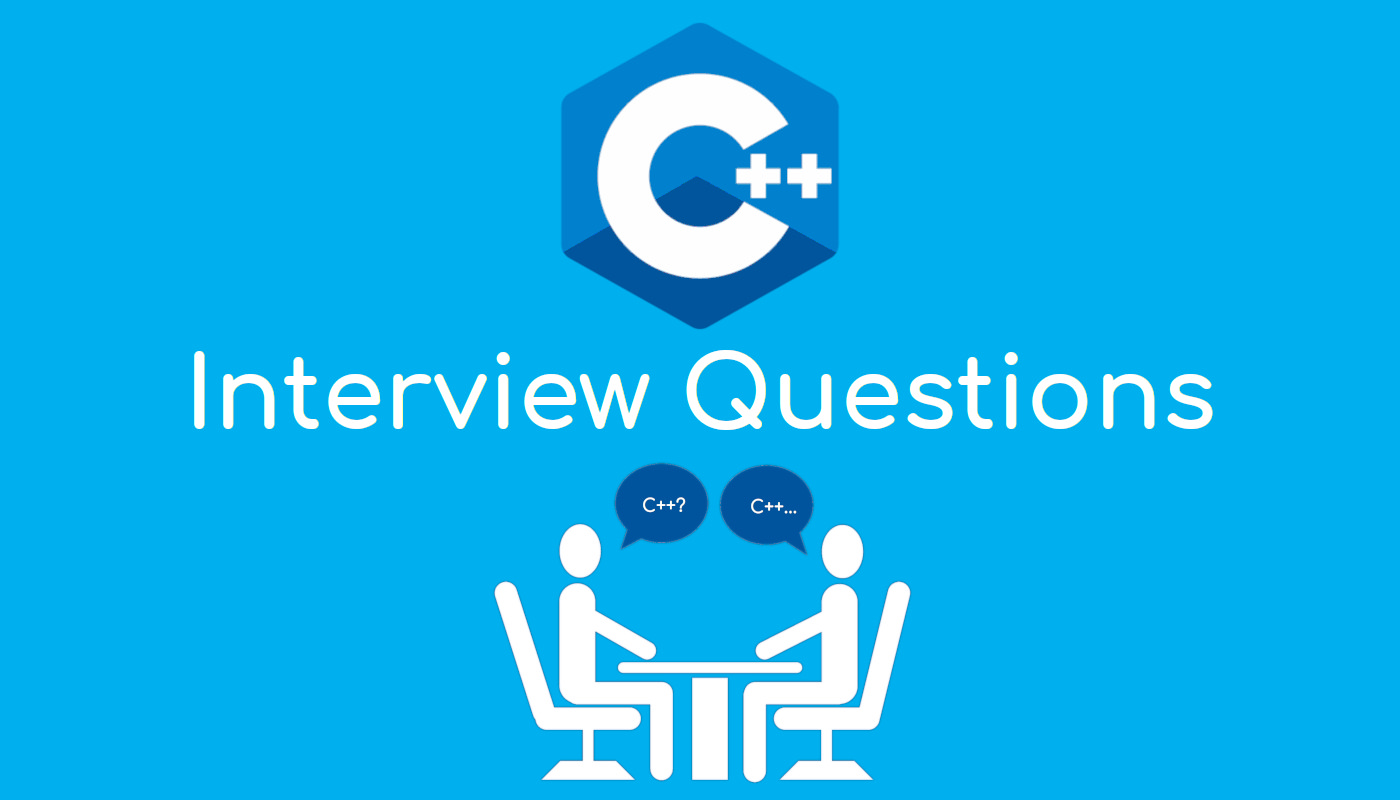C++ has been one of the most widely used programming languages for decades. It combines the power of low-level programming with the features of high-level object-oriented design. For anyone preparing for a technical interview, understanding C++ interview questions is essential. Employers use these questions to evaluate problem-solving skills, knowledge of programming concepts, and the ability to write efficient code.
In this article, we will go through some of the most common C++ interview questions, explore their explanations, and provide insights into how you can answer them confidently.
Why C++ Interview Questions Matter
C++ is not just an academic subject. It is the backbone of many systems, including operating systems, games, embedded systems, and performance-critical applications. Interviewers rely on C++ interview questions to judge whether a candidate has the depth of understanding required to handle real-world challenges.
By preparing properly, you increase your chances of standing out in interviews and showing that you are not just familiar with syntax, but also with the logic and principles behind the language.
Basic C++ Interview Questions
1. What is the difference between C and C++?
One of the most classic C++ interview questions is about differentiating it from C.
- C is a procedural programming language.
- C++ adds object-oriented programming on top of procedural features.
- C++ supports classes, inheritance, and polymorphism, making it more suitable for large-scale software development.
2. What is a Class and an Object?
C++ is built around the concept of classes and objects. A class is a blueprint, while an object is an instance of that blueprint. This fundamental concept often appears in C++ interview questions to test object-oriented understanding.
3. What are Constructors and Destructors?
Constructors are special methods that initialize objects when they are created. Destructors, on the other hand, clean up resources when objects are destroyed. This is another basic yet very important C++ interview question because it relates to memory management and program stability.
Intermediate C++ Interview Questions
4. Explain Inheritance in C++
Inheritance allows one class to use properties and methods of another class. This helps with code reusability. Interviewers include this in C++ interview questions because inheritance is a building block of object-oriented programming.
5. What is Polymorphism?
Polymorphism allows functions or operators to behave differently depending on context. For instance, function overloading and virtual functions are examples of polymorphism. This shows how C++ handles flexibility in code.
6. What are Static Members?
Static members belong to a class rather than an object. If you define a static variable inside a class, all objects of that class share it. This question frequently appears in C++ interview questions to test knowledge of memory and scope.
Advanced C++ Interview Questions
7. What is the Difference between Overloading and Overriding?
- Overloading: Defining multiple functions with the same name but different parameter lists.
- Overriding: Redefining a base class function in a derived class using the same signature.
This is one of the most important C++ interview questions for advanced learners.
8. Explain Virtual Functions
A virtual function ensures that the most derived class version of a function is executed, even when accessed through a base class pointer. This supports dynamic polymorphism. Interviewers use this C++ interview question to assess understanding of runtime behavior.
9. What is a Friend Function?
A friend function can access private and protected members of a class. While not a member of the class, it is declared as a friend. This appears in many C++ interview questions as it challenges candidates to think about encapsulation and flexibility.
10. What is an Abstract Class?
An abstract class cannot be instantiated directly and is used as a base for other classes. It usually contains at least one pure virtual function. This is a staple C++ interview question for those applying for higher-level programming positions.
Memory Management Related C++ Interview Questions
11. What is the Difference Between malloc() and new?
- malloc() is a C function that allocates memory but does not call a constructor.
- new is a C++ operator that both allocates memory and calls the constructor.
This difference is often tested in C++ interview questions because it highlights how C++ improves upon C in terms of safety and usability.
12. Explain Shallow Copy vs Deep Copy
- Shallow Copy: Copies object members but not dynamically allocated resources.
- Deep Copy: Copies members and creates separate copies of dynamic resources.
This C++ interview question helps identify whether candidates understand the complexities of object management.
Exception Handling Questions
13. What is Exception Handling in C++?
Exception handling allows programmers to handle unexpected events during program execution using try, catch, and throw. This often comes up in C++ interview questions to test problem-solving in real-world scenarios.
14. Can Constructors Throw Exceptions?
Yes, constructors can throw exceptions if resource allocation fails. This is a tricky C++ interview question that separates beginners from professionals.
Templates and Advanced Topics
15. What are Templates in C++?
Templates allow writing generic programs that work with any data type. They form the foundation for the Standard Template Library (STL). Many C++ interview questions focus on templates because they demonstrate code reusability and efficiency.
16. What is the Standard Template Library (STL)?
STL provides pre-built classes and functions for data structures like vectors, lists, queues, and algorithms like sorting and searching. This is an essential C++ interview question since STL is widely used in modern programming.
Tips to Answer C++ Interview Questions Confidently
- Understand Concepts, Not Just Syntax: Interviewers want clarity of thought, not just memorized definitions.
- Use Real-World Examples: When explaining inheritance or polymorphism, give simple examples like a base class Vehicle and derived class Car.
- Write Sample Code: If asked, be prepared to write small snippets of code that demonstrate your answer.
- Focus on Problem Solving: Many C++ interview questions will be practical and based on solving programming tasks, not just theory.
Final Thoughts
Preparing for C++ interview questions requires a mix of theoretical understanding and practical experience. The more you practice writing programs, the easier it becomes to answer confidently. Start with the basics, move to intermediate concepts, and finally polish your advanced knowledge.
By reviewing these C++ interview questions, you will be ready to showcase your expertise in interviews. Remember, the goal is not just to pass the interview but to prove that you can write efficient, reliable, and maintainable code using C++.


